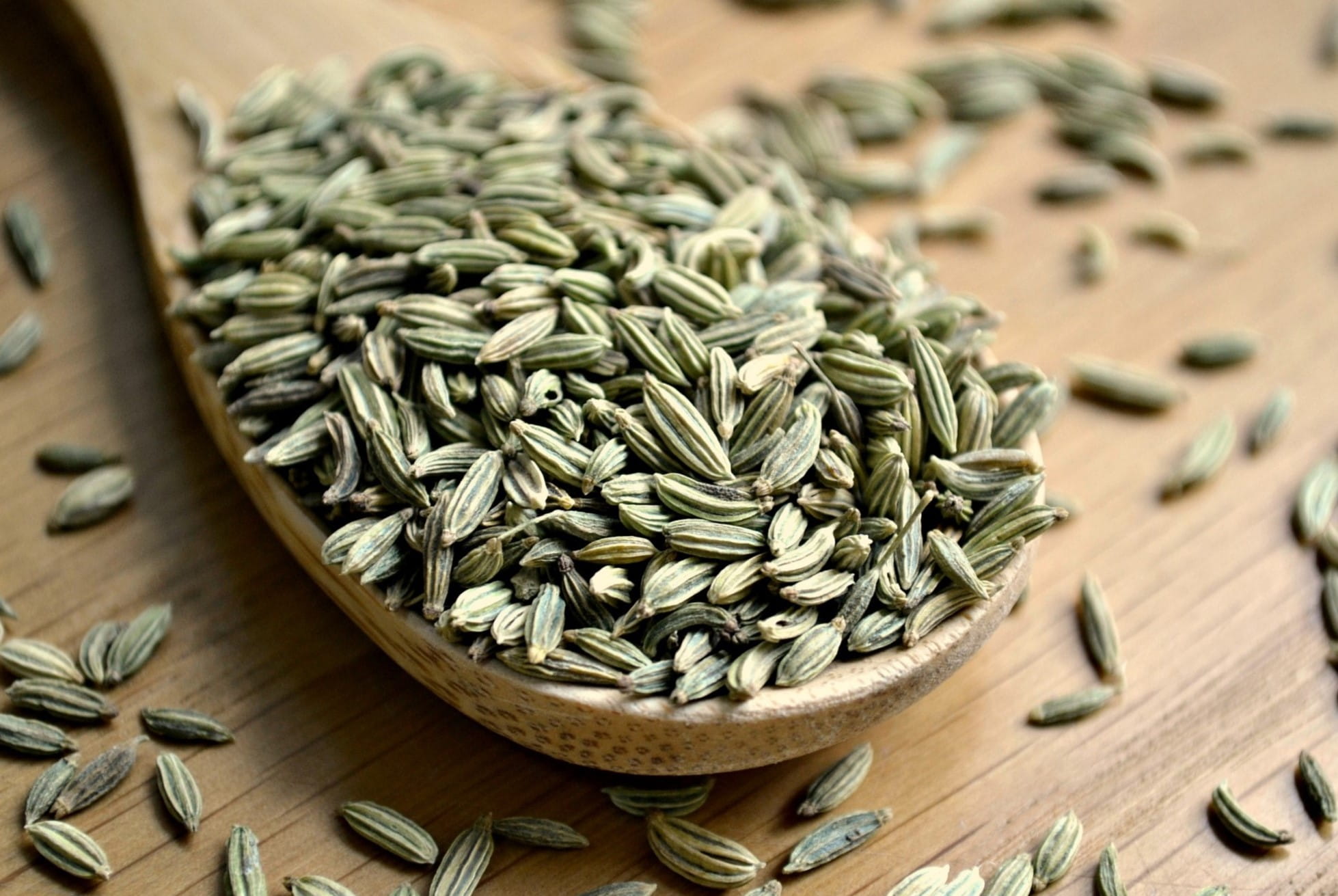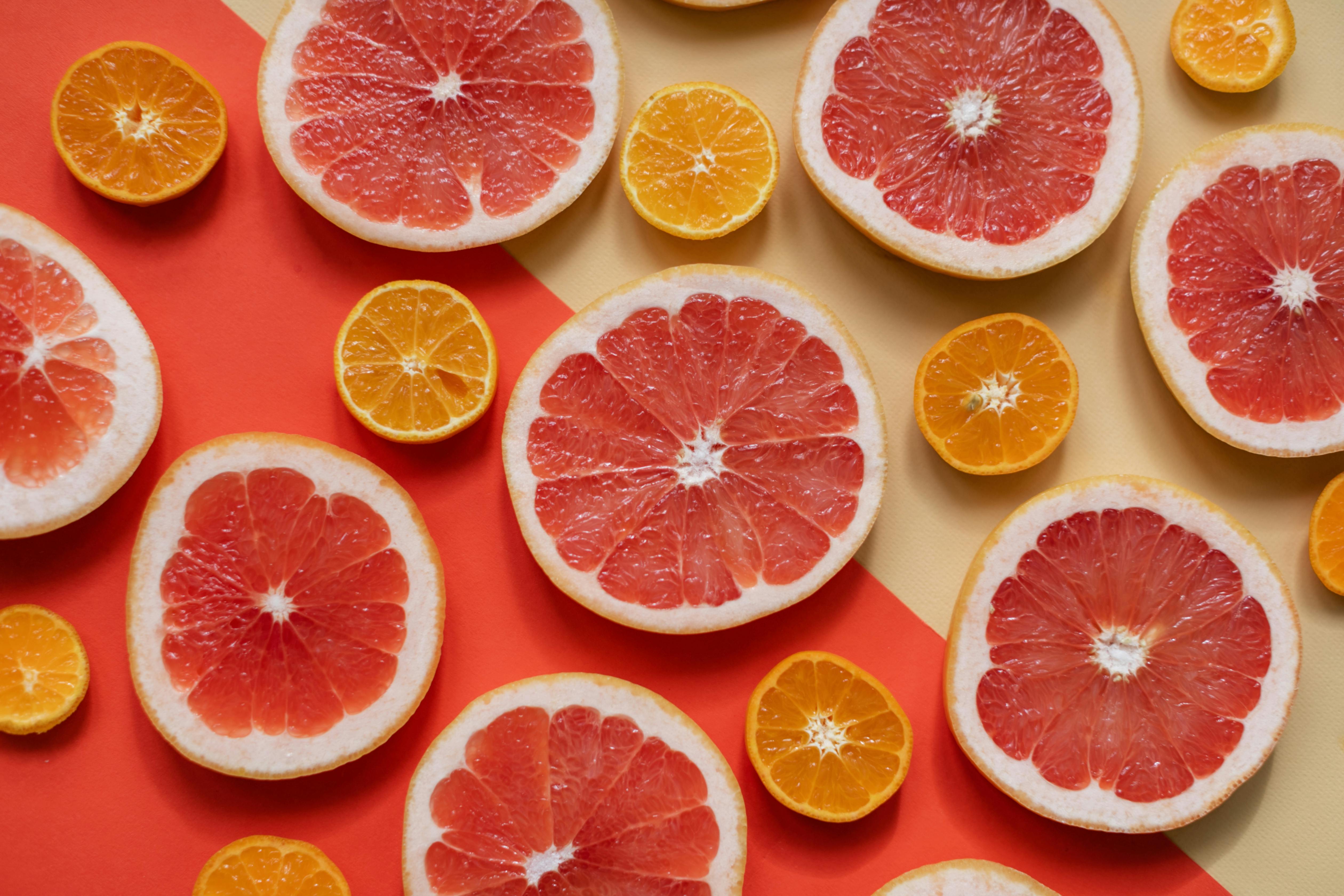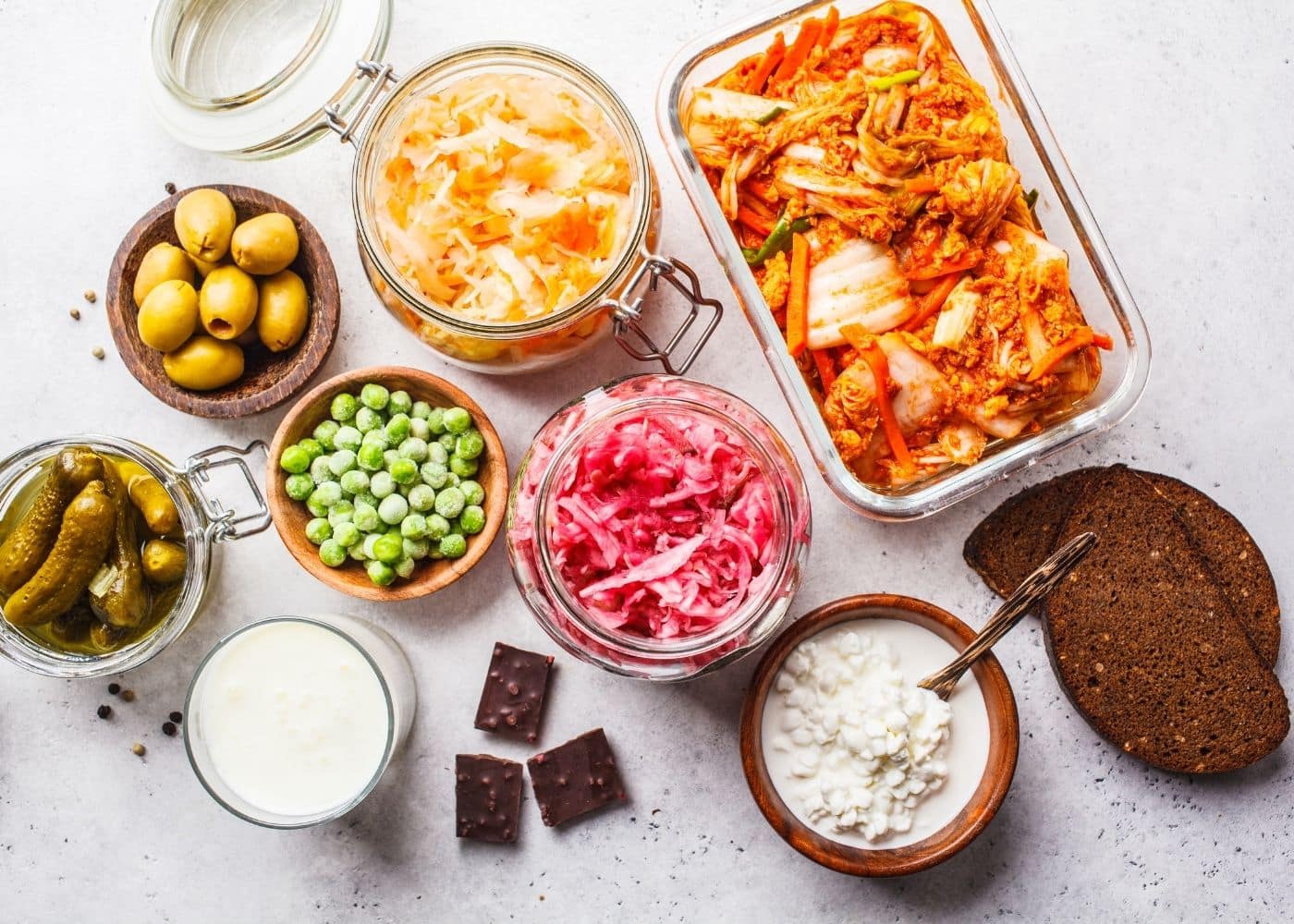Scientists tell us there’s an easy way to support your gut health: your diet. What you eat every day directly shapes your microbiome. Here, we share the tasty gut-boosters you should be eating more of!
By Olena Valdenmaiier
Come Winter, comfort may be on your mind. Even if you adore fresh fruits and berries in the summer, as the colder months arrive, it can become hard to overlook a treat such as that chocolate chip cookie or coconut slice.
But, not all treats are created equal, and while sugary candy bars aren’t going to do much good for you, other tasty foods can actually keep your gut happy and healthy.
Here are some of GUTXY’s favourite tasty treats, which you can easily incorporate into your diet to improve your gut health and actually feed your microbiome.
Mood-lifting Cocoa
Turns out that starting your day with a sprinkle of cocoa not only improves your mood, but also has a positive effect on your microbiome.
Natural unsweetened cocoa powder is full of polyphenols that act as antioxidants, reduce inflammation and can increase the number of “good” bacteria in your gut1. On top of that, cocoa acts as a natural antidepressant by increasing the production of serotonin and dopamine (feel-good and mood elevating chemicals).
Antioxidant Almonds
Almonds pack a great amount of nutrients, like fiber and protein, that leave us feeling full longer. But that isn’t all: these delicious nuts are rich in antioxidants (polyphenols) which help reduce oxidative stress and lower inflammation.
However, you should remember that most of the antioxidants are concentrated in the brown skin covering the almond, so for the greatest impact, reach for the whole raw nuts2. A good rule of thumb for adding almonds to your diet is sticking to the recommended serving size of 25g or 20 medium sized nuts.
Stress-relieving Oats
Oats contain many essential vitamins and minerals that our bodies need. In addition to that, they are full of fiber (both soluble and insoluble) that not only makes us feel full longer, but also improves the digestion and helps food pass through the gut smoothly. The same fiber acts as a prebiotic and supports the growth of beneficial gut bacteria3.
You should always choose wholegrain, non-processed rolled oats to reap all their health benefits. Another exciting thing is that consuming a lot of fiber with your diet can even help you reduce symptoms of stress.
Fiber-rich Bananas
We’ve all heard that bananas are a good source of potassium (one of the essential macrominerals), but did you know that one banana contains about 10% of your recommended daily amount of fiber? That doesn’t mean that you should eat 10 bananas every day, but having one more option to increase the amount of fiber in your diet is an added bonus.
On top of it all, bananas contain resistant starch that slows down our digestion and helps keep hunger at bay4. Besides, they are generally well tolerated by people with IBS.
Cramp-fighting Ginger
Ginger totally deserves the status of superfood. Not only does it fight inflammation, but it also has antimicrobial properties against known pathogens like E.coli and Salmonella5. Ginger has also been proven to reduce nausea and help people with chronic indigestion6.
An eighth of a teaspoon of powdered ginger can help reduce pain and relieve cramping after a meal7. You can add ginger to your tea and use it in your cooking since water and oil extract different beneficial components.
If you want to know what your microbiome likes to eat and see how a diet change can impact it, check out GUTXY’s special dietary intervention program: RESET. Learn more here.
References
- Tzounis, X., et al. (2010) “Prebiotic evaluation of cocoa-derived flavanols in healthy humans”
- Garrido, I., et al. (2008) “Polyphenols and antioxidant properties of almond skins”
- Yang, X., et al. (2017) “Resistant Starch Regulates Gut Microbiota”
- Lockyer, S., et al. (2017) “Health effects of resistant starch”
- Rahmani, A.H., et al. (2014) “Active ingredients of ginger as potential candidates in the prevention and treatment of diseases via modulation of biological activities”
- Hu, M.L., et al. (2011) “Effect of ginger on gastric motility and symptoms of functional dyspepsia”
- van Tilburg, M., et al. (2014) “Is ginger effective for the treatment of irritable bowel syndrome?”







